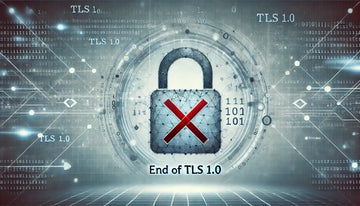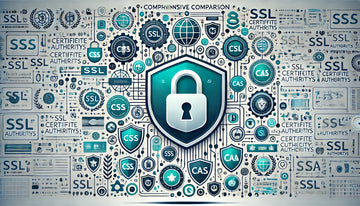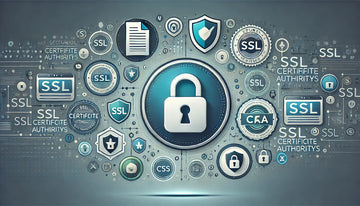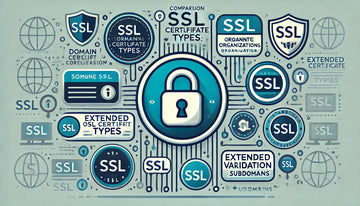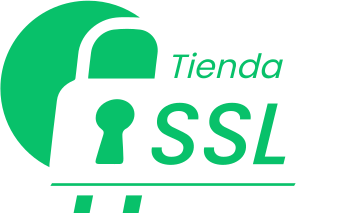In the digital age, online security is a constant concern. SSL (Secure Sockets Layer) certificates are a fundamental part of web security, but they are also surrounded by common myths and misconceptions. In this article, we will demystify some of the most widespread myths about SSL and establish the reality behind this essential technology.
Myth 1: SSL is for e-commerce websites only
Reality: While it is true that e-commerce websites benefit greatly from SSL due to the protection of financial and personal data, SSL is relevant to any website. All sites can protect the privacy of your visitors and ensure the security of communications by implementing SSL. Even personal blogs and information sites can benefit from a secure connection.
Myth 2: SSL is expensive and complicated to implement
Reality: This used to be the case in the past, but today, SSL is more affordable and easier to implement than ever. Many web hosting providers offer free SSL certificates, and the configuration has been considerably simplified. In addition, the benefits in terms of customer security and trust far outweigh any costs or complexity involved.
Myth 3: SSL slows down website speed
Reality: In the past, SSL encryption could have an impact on the website's performance, but technological advances have minimized this problem. In fact, most visitors won't even notice the difference in speed, and search engines like Google favor secure websites in their search results, which can increase traffic and visibility.
Myth 4: Only Big Business Websites Need SSL
Reality: Online security is important for all websites, regardless of their size or purpose. Even personal blogs and small business websites can benefit from SSL to protect visitors' privacy and build online trust. In addition, SSL is essential for compliance with privacy regulations, such as the GDPR in Europe.
Myth 5: SSL guarantees full web site security
Reality: While SSL is a key part of online security, it does not guarantee the full security of a website. SSL protects communication between the browser and the server, but does not protect against all types of attacks, such as brute force attacks, SQL injection or software vulnerabilities. Online security requires a comprehensive strategy that includes SSL and other security measures.
Myth 6: SSL certificates last forever
Reality: SSL certificates have a limited lifespan, usually one to two years. After that period, they must be renewed. This is important to ensure that encryption and security are current and effective.
Myth 7: SSL certificates are all the same
Reality: SSL certificates come in different types and validation levels. Extended validation certificates (EVs) are the most rigorously verified and display the green address bar in the browser, indicating a high level of confidence. Certificates of organization validation and domain validation are less rigorous in terms of verification, but still provide encryption. Websites must choose the type of certificate that suits your required needs and level of trust.
Myth 8: SSL is only required on login or paid pages
Reality: It is important to implement SSL throughout the website, not just on the login or payment pages. This ensures that all communications between the user and the server are protected. In addition, search engines like Google favor secure websites in their search results, so deploying SSL throughout the site can improve online positioning.
Myth 9: Users can't differentiate between secure and unsafe websites
Reality: Modern browsers display visual indicators that indicate whether a website is safe or not. This includes a padlock in the address bar and the URL that starts with "https://." Secure websites can also display a green address bar or a company name in the address bar, depending on the type of SSL certificate.
Myth 10: SSL is not necessary if personal information is not collected
Reality: SSL is important for all websites, even if they don't collect personal information. This is because SSL protects the integrity of communication between the user and the server, avoiding attacks such as manipulation of data in transit. In addition, Google and other search engines favor secure websites in their search results, which can improve online visibility.
Conclusion
It is important to demystify the misconceptions about SSL and understand its importance in online security. Not only is SSL essential for the protection of personal data, but can also improve customer trust, website performance and online positioning. In an increasingly connected digital world, SSL is an essential tool for ensuring privacy and online security. Any website, large or small, benefits from the implementation of SSL as part of a comprehensive online security strategy.








